A young composer moves from Berlin to the island of Ibiza and begins a friendship with an elderly woman whose painful past has caused her to reject everything to do […]

A young composer moves from Berlin to the island of Ibiza and begins a friendship with an elderly woman whose painful past has caused her to reject everything to do […]
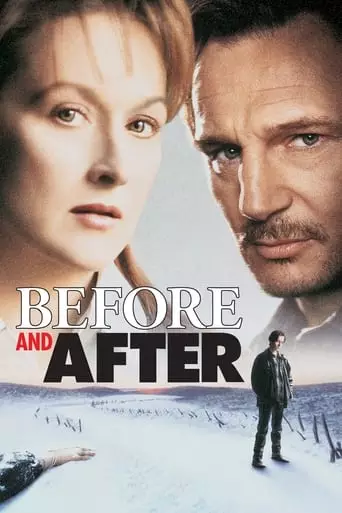
Two parents deal with the effects when their son is accused of murdering his girlfriend. Before and After (1996), directed by Barbet Schroeder, is a psychological thriller that delves into […]
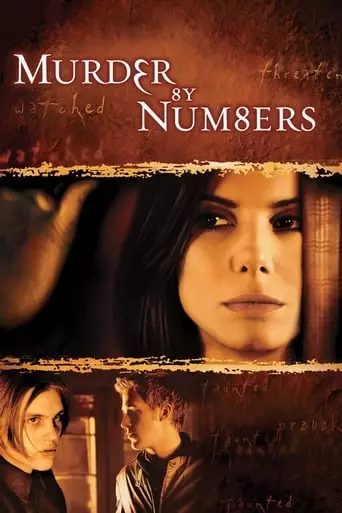
Tenacious homicide detective Cassie Mayweather and her still-green partner are working a murder case, attempting to profile two malevolently brilliant young men: cold, calculating killers whose dark secrets might explain […]
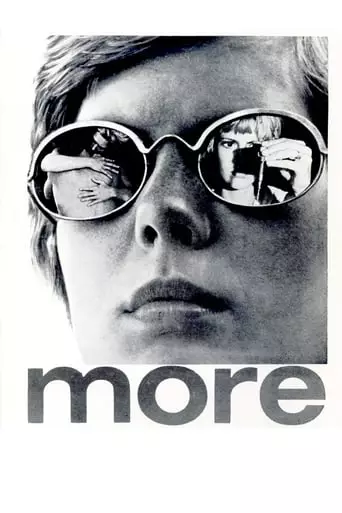
A German student, Stefan, now finished with his studies, hitchhikes to Paris. There he meets a free-spirited American girl, Estelle, who he follows to Ibiza. The two begin a sad […]
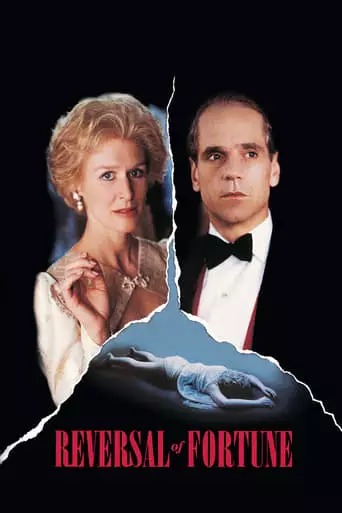
Wealthy Sunny von Bülow lies brain-dead, husband Claus guilty of attempted murder; but he says he’s innocent and hires Alan Dershowitz for his appeal. Reversal of Fortune (1990), directed by […]
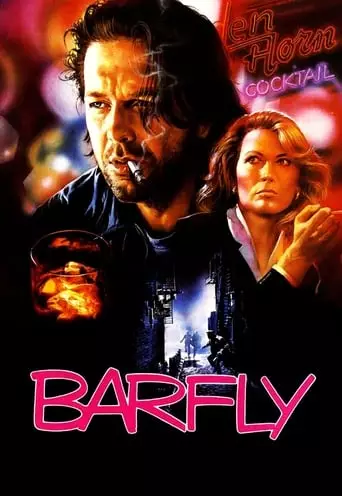
Downtrodden writer Henry and distressed goddess Wanda aren’t exactly husband and wife: they’re wedded to their bar stools. But, they like each other’s company—and Barfly captures their giddy, gin-soaked attempts […]
Barbet Schroeder: A Filmmaker of Provocation and Exploration
Barbet Schroeder is a French filmmaker, producer, and actor known for his eclectic body of work that spans multiple genres and languages. With a career that has taken him from the French New Wave to Hollywood and beyond, Schroeder has consistently demonstrated a willingness to tackle challenging and controversial subjects.
Best known for films like Barfly (1987), Reversal of Fortune (1990), and Single White Female (1992), Schroeder has earned a reputation as a director unafraid to explore the darker corners of human nature.
Early Life and Career Beginnings
Barbet Schroeder was born on August 26, 1941, in Tehran, Iran, to a Swiss father and a German mother. Growing up in a multicultural environment, Schroeder developed a deep appreciation for art and storytelling. He later moved to Paris, where he studied philosophy at the Sorbonne and immersed himself in the city’s vibrant film culture.
Schroeder began his career as a producer and collaborator with legendary French New Wave director Éric Rohmer. In 1962, he co-founded Les Films du Losange, a production company that supported Rohmer’s films and other innovative projects.
Directorial Debut: More (1969)
Schroeder made his directorial debut with More, a cautionary tale about love, addiction, and self-destruction. Set against the backdrop of the counterculture movement, the film follows a young man’s descent into heroin addiction while living in Ibiza.
The film’s haunting score, composed by Pink Floyd, added to its cult status. More showcased Schroeder’s talent for blending raw, emotional storytelling with an unflinching look at human behavior.
Hollywood and International Success
Schroeder’s move to Hollywood in the 1980s marked a new phase in his career, where he gained recognition for his ability to craft compelling narratives with complex characters.
Barfly (1987)
Based on the life and writings of poet Charles Bukowski, Barfly stars Mickey Rourke as a hard-drinking writer navigating the seedy underbelly of Los Angeles. The film, produced by Schroeder, captures Bukowski’s raw, unfiltered worldview with humor and poignancy.
Schroeder’s direction brought authenticity to the story, earning praise for its unvarnished portrayal of artistic struggle and human frailty.
Reversal of Fortune (1990)
Schroeder received widespread acclaim for Reversal of Fortune, a legal drama based on the true story of Claus von Bülow, accused of attempting to murder his wife, Sunny. Jeremy Irons’ chilling performance as von Bülow earned him an Academy Award for Best Actor, while the film itself was nominated for Best Director.
The film’s blend of suspense, moral ambiguity, and courtroom drama showcased Schroeder’s skill at delving into morally complex material.
Single White Female (1992)
This psychological thriller about obsession and identity became a cultural touchstone of the 1990s. Starring Bridget Fonda and Jennifer Jason Leigh, the film explores themes of loneliness, trust, and the dark side of human relationships.
Schroeder’s direction heightened the tension and unease, making Single White Female a standout in the thriller genre.
Documentary Work
In addition to his narrative films, Schroeder has directed several thought-provoking documentaries that reflect his curiosity about the world and its complexities.
General Idi Amin Dada: A Self Portrait (1974)
This chilling documentary offers a rare glimpse into the life of Ugandan dictator Idi Amin. By allowing Amin to present himself on camera, Schroeder created a deeply unsettling portrait of power and delusion.
The film remains a landmark in political documentary filmmaking, lauded for its daring and innovative approach.
The Venerable W. (2017)
In this documentary, Schroeder examines the role of a Buddhist monk in Myanmar’s anti-Muslim violence, exploring the intersection of religion, power, and extremism. The film is part of Schroeder’s “trilogy of evil,” which also includes General Idi Amin Dada and Terror’s Advocate (2007), a documentary about controversial lawyer Jacques Vergès.
Recurring Themes and Style
Schroeder’s films often reflect:
Moral Ambiguity: His characters and stories frequently inhabit the gray areas of morality, challenging audiences to question their assumptions.
Exploration of Power: From dictators to lawyers, Schroeder examines how power is wielded and its impact on individuals and society.
Human Frailty: Whether through addiction, obsession, or ambition, his work delves into the vulnerabilities that define human nature.
Legacy and Influence
Barbet Schroeder’s willingness to confront uncomfortable truths and his ability to navigate diverse genres have cemented his status as a filmmaker of substance and significance. His work has inspired generations of directors, particularly those drawn to stories that challenge conventional narratives and delve into the complexities of human behavior.
Conclusion
Barbet Schroeder’s career is a testament to the power of cinema as a medium for exploration and provocation. Whether crafting gripping dramas, suspenseful thrillers, or incisive documentaries, Schroeder consistently pushes boundaries and invites audiences to engage with the darker facets of life.
His films, marked by their intellectual rigor and emotional honesty, remain vital contributions to the art of filmmaking, ensuring his place as one of cinema’s most fearless and innovative storytellers.